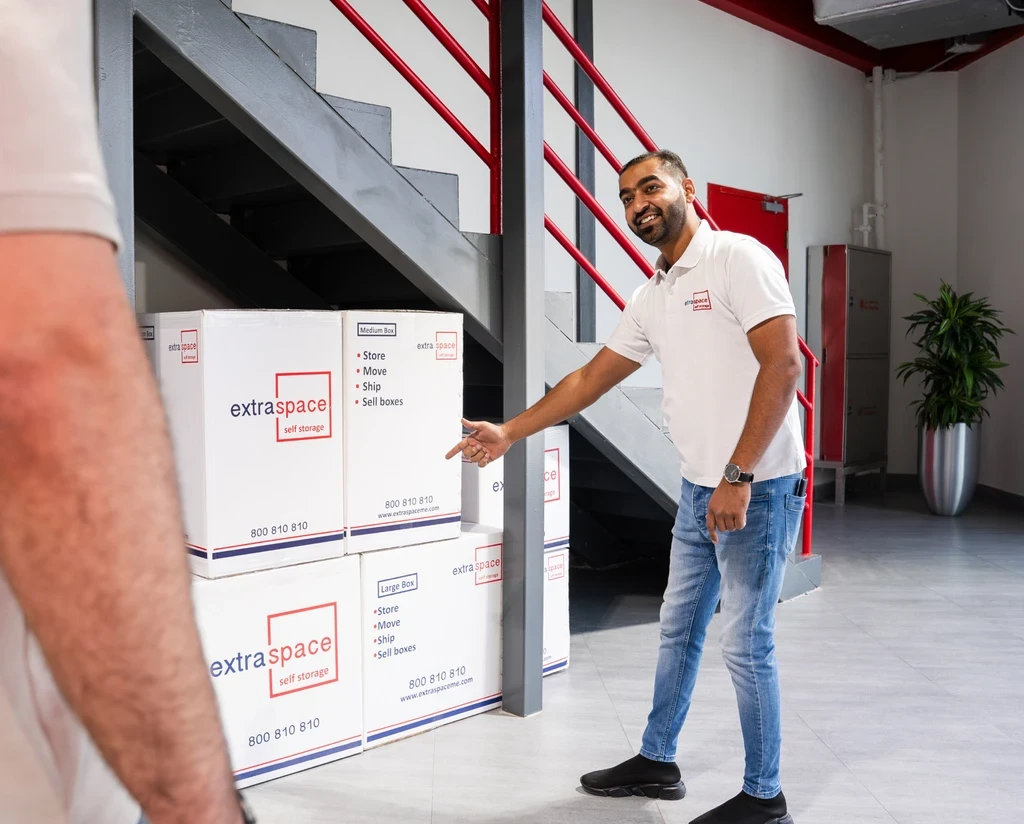Dec 27, 2024
If you’re facing the challenge of limited space for your personal or business belongings, renting an affordable self-storage unit can offer a practical solution. Self-storage contracts ensure a smooth rental experience, but it’s important to familiarise yourself with the terms to avoid unexpected surprises. Understanding the agreement is essential, whether you need a safe place to store furniture during a move or want to safeguard essential documents.
This renter’s guide will walk you through the critical points to consider before signing a self-storage lease. From knowing the contents you plan to store to understanding insurance and termination policies, this guide is designed to help you make an informed decision. By the end, you’ll feel more confident about securing a storage unit that meets your needs and budget.
1. Know The Content Of Your Storage
Before signing a self-storage contract, you should know the items you plan to store. This simple step will help you choose the right type and size of storage unit, ensuring your belongings are stored safely and efficiently.
For instance, fragile or high-value items, such as antiques, electronics, or important documents, may require a unit with climate control to protect them from humidity or extreme temperatures.
Knowing the nature of your stored items can help you avoid placing prohibited items in the unit, which could breach the terms of your self-storage contract. Check the facility’s list of restricted items—this often includes hazardous materials, perishables, or illegal goods.
By planning ahead, you can ensure that your belongings are properly stored, while also complying with the terms of the lease.
2. Read and Understand the Self-Storage Contract Thoroughly
It is important to thoroughly read a self-storage contract before signing it as the first and most important step. Ensure that you are completely familiar with every aspect before affixing your signature to the document.
When renting a storage unit, you and the storage facility will enter into a legally binding contract. To prevent potential miscommunication or unpleasant surprises, it is important to read through all of the details carefully. Don’t hesitate to approach the facility’s staff if you have any queries or need more information.
If you encounter any unclear terms or conditions, don’t hesitate to seek clarification. The facility’s staff is there to assist, and it’s better to address questions before signing than to face issues later. This is especially important if you are new to renting a storage unit and rely on this renter’s guide for direction.

3. Clarify the Lease Terms in Your Self-Storage Contract
To avoid any confusion or issues during the rental period, it’s crucial to read and understand the lease terms of your self-storage contract. The lease outlines the specifics of your agreement with the storage facility, helping both parties avoid confusion or disputes during the rental period.
Before signing, take the time to review and clarify all the details to ensure they align with your needs, such as the rental rate, payment schedule, duration of the lease, and access hours.
Take note of any additional fees or policies, such as deposits, administrative charges, or restrictions on certain items. If anything is unclear, don’t hesitate to ask the facility staff for clarification.
This renter’s guide emphasises that understanding your lease terms upfront can help you avoid unexpected issues and ensure a smooth storage experience. A well-informed decision will save time, money, and potential complications in the long run.
4. Understand The Duration of Your Lease
Most agreements are either month-to-month or for a fixed term, such as six months or a year. A month-to-month lease provides flexibility, allowing you to end the contract with short notice, while fixed-term agreements may offer lower rates but often come with penalties for early termination. Knowing the start and end dates of your lease ensures you can plan your storage needs accordingly.
It’s also important to know the renewal or termination process. For example, does the lease renew automatically, or will you need to provide written notice to continue or end the agreement? Clarify the notice period required for moving out, as failing to comply could result in additional charges.
5. Understand The Insurance Policy
Many storage facilities require tenants to have insurance for the items they store, making it an important part of your self-storage contract. Insurance provides financial protection in case of unforeseen events like theft, fire, or water damage.
Before signing the agreement, check whether the facility offers its own insurance coverage or if you’ll need to arrange it through a third party. Ensure the policy covers the full value of your stored items to avoid potential losses.
If you already have renters or homeowners insurance, contact your provider to see if your current policy extends to storage units. This can save you from purchasing additional coverage. However, if your items are of high value or particularly fragile, consider supplementary insurance to provide extra security.

Takeaway: Secure Your Storage with Confidence
A self-storage facility offers a convenient place to keep your belongings out of the way, but understanding the terms of your contract is crucial to ensure a smooth experience. With these renter’s guide, you can confidently negotiate a contract that fits your needs and budget.
Take the time to ask questions and clarify any unclear terms—being well-informed will save you from potential issues later.
Ready to take the next step? Contact us today to explore your options and find the perfect storage solution for your belongings.


